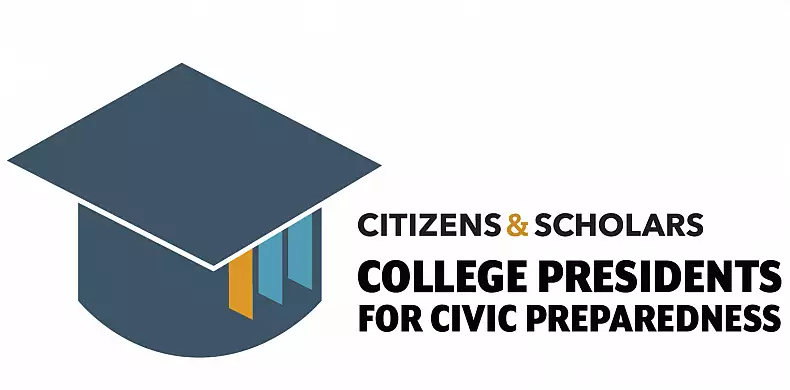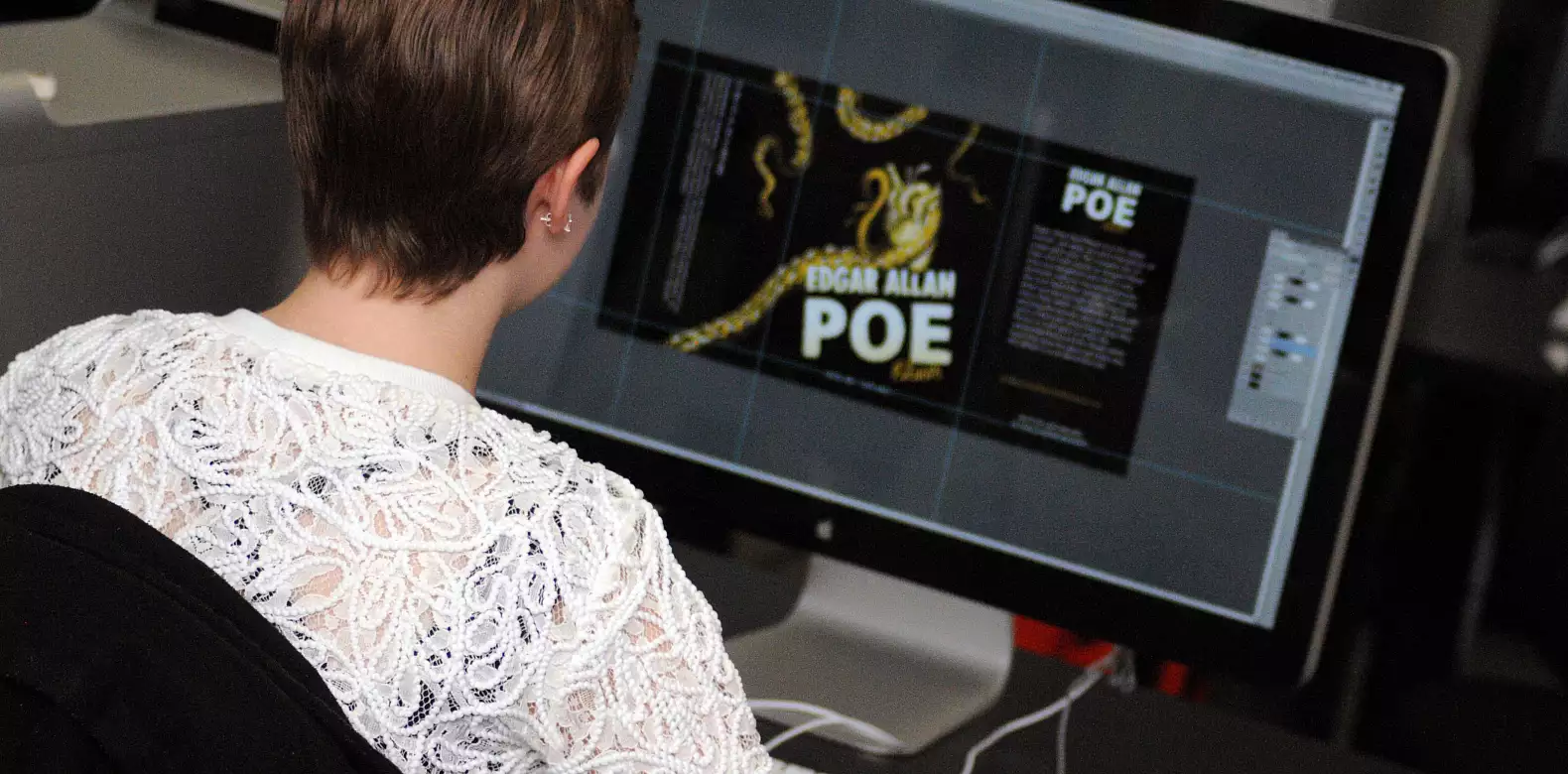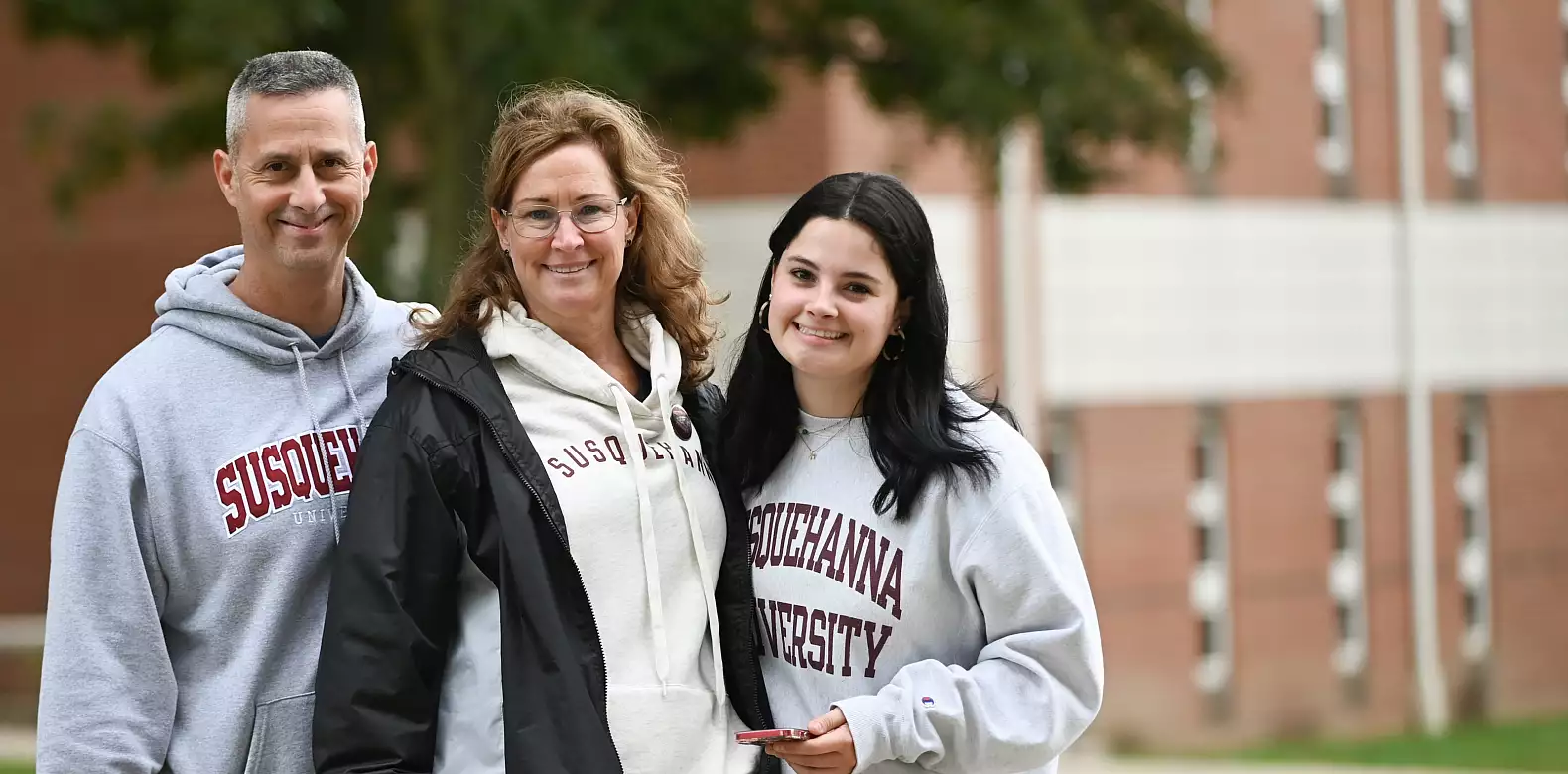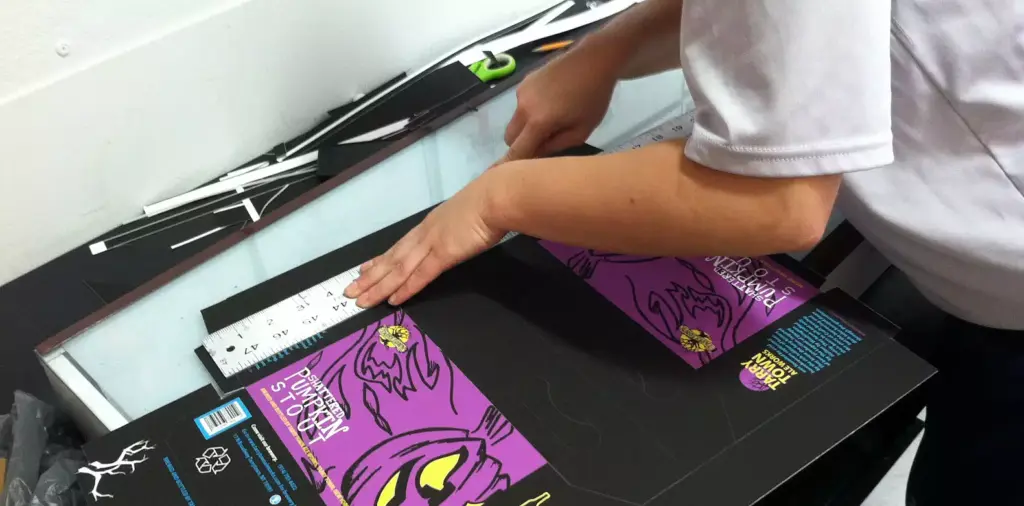Susquehanna University President Jonathan Green had joined 60 other college presidents of diverse institutions from across the country to advance higher education’s pivotal role in preparing students to be engaged citizens and to uphold free expression on campus.
Through College Presidents for Civic Preparedness, a unique consortium designed by the presidents and convened by the Institute for Citizens & Scholars, participating presidents are dedicated to preparing the next generation of well-informed, productively engaged and committed citizens; defending free expression, civil discourse and critical inquiry as essential civic norms; and increasing thoughtful engagement and better understanding by students for the effective functioning of our democracy. The consortium, first announced with 15 members in 2023, has grown significantly, demonstrating momentum for this movement.
“Susquehanna University stands proudly as a beacon of civic responsibility, exemplifying a steadfast dedication to empowering our students to participate actively in the democratic process. Through our student-driven initiative — Achieve. Lead. Vote! — we achieved significant progress, being recognized as the most improved Pennsylvania institution for the 2020 election. This achievement was further highlighted by our exceptional 75% voter participation rate, surpassing the national average,” Green said. “We were honored to be recognized as a State Voting Challenge winner and to earn a Gold Seal from ALL IN, further solidifying our commitment to fostering a culture of engaged citizenship for generations to come.”
Participating universities will take campus-specific and collective action, reflecting three shared civic commitments:
- Educating for democracy.
- Preparing students for a vibrant, diverse and contentious society.
- Protecting and defending free inquiry.
Taken together, these commitments embrace both free speech and diversity, two values often pitted against each other, by instead emphasizing meaningful engagement and inquiry with different voices and viewpoints. The commitments stress diversity as a strength of both American democracy and campus life and affirm the truth-seeking role of higher education through curiosity and inquiry. They also enable campus leaders to take substantive action to promote democratic engagement among students, with public accountability for progress through publication of an annual impact report.
Susquehanna’s commitment
Universities are developing campus-specific programming to advance the civic commitments in 2024, including new courses, outside speakers, student orientations, presidential speeches, technology tool, and voter education initiatives. A complete listing appears on the consortium website. At Susquehanna, planned programming includes:
- Expanding the scope and impact of the David ’69 and Sharon Johnson Center for Civic Engagement.
- Continuing to build on the work of the Arlin M. Adams Center for Law and Society to provide campus and community education on issues of law and policy and to connect students with law-related internships.
- Embracing the university’s Statement on Ethical and Inclusive Living, published by the Board of Trustees, which encompasses the values of free inquiry and cross-cultural competence, among others.
In addition to championing these commitments on member campuses, the presidents will undertake together and through the institute a set of collective actions:
- Meeting regularly and confidentially for peer learning and the exchange of information, ideas, practices, and tools, including on such topics as the 2024 elections and student activism;
- Helping faculty engage effectively with free expression and civil discourse in the classroom by participating in the Faculty Institute on Dialogue Across Difference; and
- Creating and seizing opportunities for shared advocacy and public outreach on civic preparedness in higher education.
“Higher education has a responsibility to provide students with critical civic skills and knowledge to participate effectively in our constitutional democracy,” said Rajiv Vinnakota, president of the Institute for Citizens & Scholars, a nonprofit that cultivates talent, ideas and networks that develop young people as effective, lifelong citizens. “College campuses are among the most diverse spaces in our country, and college is an important time for students to develop the habits, practices, and norms to live in a multicultural and interconnected democracy. Doing so can create a ripple effect, making young people more optimistic and increasingly committed about their future and our nation.”
College Presidents for Civic Preparedness has been supported by ECMC Foundation, Einhorn Collaborative, John S. and James L. Knight Foundation, One8 Foundation, Arthur Vining Davis Foundations, Lumina Foundation, Charles Koch Foundation, and Teagle Foundation, with individual campuses providing support for their own related projects.




